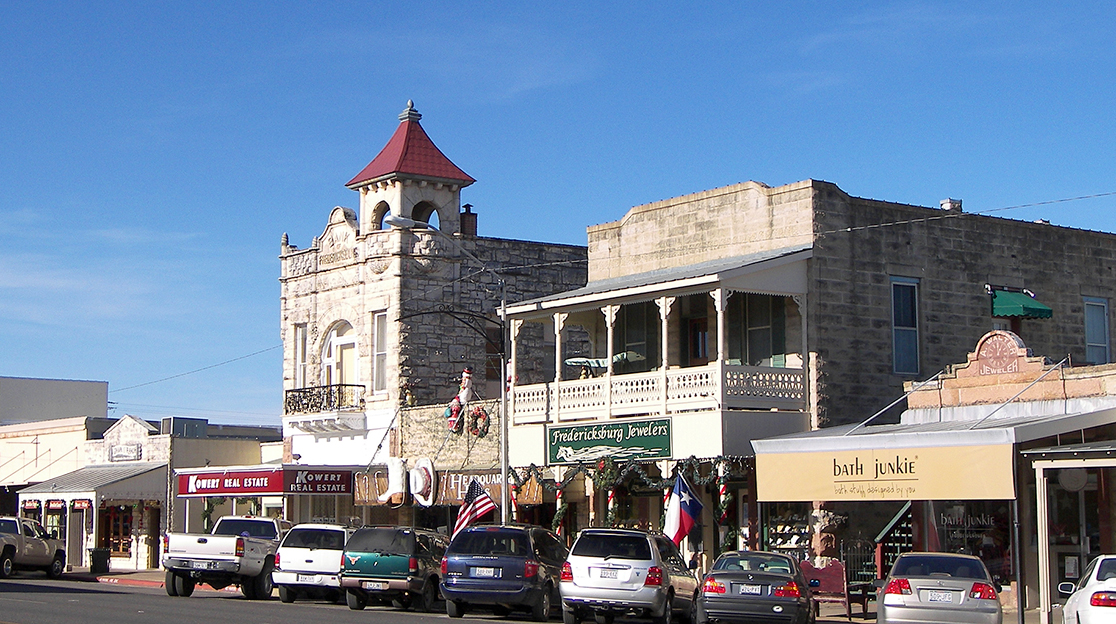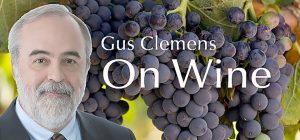The wine industry faces the first headwinds it has faced in half a century. Inevitably things get snippy in the previously collegial competition among makers.
When the rising wine tide raised all boats, generosity and altruism were easy. Comity expected. Neighbor-helping-neighbor commonplace. Now sales are in decline. Competition thins the herd. Makers search for an edge, sharp elbows replace pats on the back.
Texas is an example. From the state’s humble wine beginning in the 1970s until the 21st century, Texas was the gangly youngster learning how to walk. Its wineries had modest production. Texans bought almost all of it. Texas was a beer and whiskey and Tex Mex and fat, juicy steaks place. Not really wine-centric country. No need for others to play in that sandbox.
Nothing stays the same. Texas population boomed, overtaking New York as the second-most populated state in the U.S. in 1994. Texas has four of the largest population cities: Houston #4; San Antonio #7, Dallas #9, Austin #11. There is a charming old German Hill Country town easily accessible for all of them—just over an hour from San Antonio and Austin.

Fredericksburg became the center of the Texas wine industry. Texans grew grapes on the High Plains in West Texas, but put their tasting rooms and wineries in and around Fredericksburg. They had a highway—US 290 that mirrors Napa’s SR 29. Today, the Texas Hill Country AVA around Fredericksburg is the second-most visited AVA in the U.S., trailing only Napa. Meanwhile, Texas winemakers hit their stride. The state has a vast wine vine growing region in the west with high altitude (3,000 to 4,000 elevations), significant diurnal shifts, sandy soil that vexes phylloxera aphids, brisk dry winds that thwart powdery mildew, water from the Ogallala Aquifer, and plenty of money to invest in lifestyle businesses.
As a result, Texas now ranks fifth in U.S. wine production. The state is far behind the big four—California, Washington, New York, Oregon—but the state has the wine market’s attention.
In 2024, Halter Ranch, a Paso Robles winery, opened a tasting room in Fredericksburg and planted an organic vineyard nearby. Needless to say, some Texas winemakers who sweated through decades of learning what works in Texas and building a market in Texas while skeptics laughed at their efforts were not ecstatic.
With challenging times comes challenging competition. Texans strived to run with the big dogs. Now they are. Watch this space.
Last round: When you apply insect repellent, do you realize you put on Off and you put Off on? Wine time.

